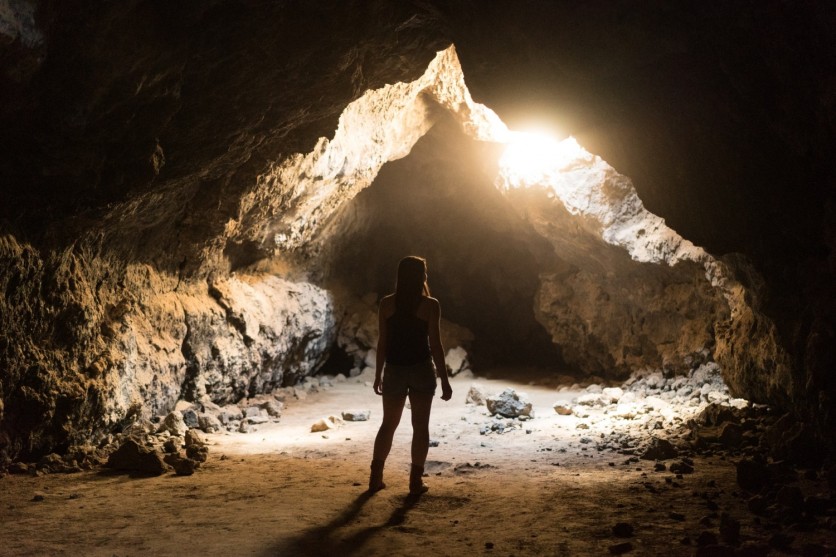Something as simple as a piece of string can tell us many things about how early mankind lived. Researchers have recently presented evidence -- a fragment of string made from three small bundles of fibers twisted together to form a thick cord -- shows that Neanderthals displayed a keen sense of construction and problem-solving.

Ancient string proves Neanderthals were smarter than we thought
In a report from Reuters, it was mentioned that the piece of string came from the Abri du Maras archeological site located in southeastern France, some 30 miles (50 km) north of Avignon, and was probably made by Neanderthals between 42,000 and 52,000 years ago.
According to anthropologist Bruce Hardy of Kenyon College in Ohio, "The cord, as well as fiber technology in general, is an example of an infinite use of finite means." Hardy is the lead author of the research published in the journal Scientific Reports.
"Strings and rope can be used in many ways: Tying tools onto a haft, snares, bags, nets, et cetera. Fiber technology in general is foundational in our society - from strings and ropes to tie things together, clothing, and even twisted wires used as cables in construction of modern buildings," he added.
Read Also : Neanderthal Tooth Plaque Hints Prehistoric Humans Used Medicinal Plants To Treat Ailments

Neanderthals created string to be used in many ways
The public usually has the notion that Neanderthals were not very smart and extremely primitive. But this is definitely not the case. According to the study, the discovery of the ancient string debunks this stereotype.
In the report, the ancient artifact was described as being quarter-inch-long (6-mm-long) fragment apparently was made from fibers from the bark of a conifer tree. The string may also have been used to bind the stone-flake blade to a handle.
ⓒ 2025 TECHTIMES.com All rights reserved. Do not reproduce without permission.

![Best iPads that Students Can Use in School [2025]](https://d.techtimes.com/en/full/461431/best-ipads-that-students-can-use-school-2025.jpg?w=184&h=103&f=516289300e12e9647ef3d5bd69f49b70)


